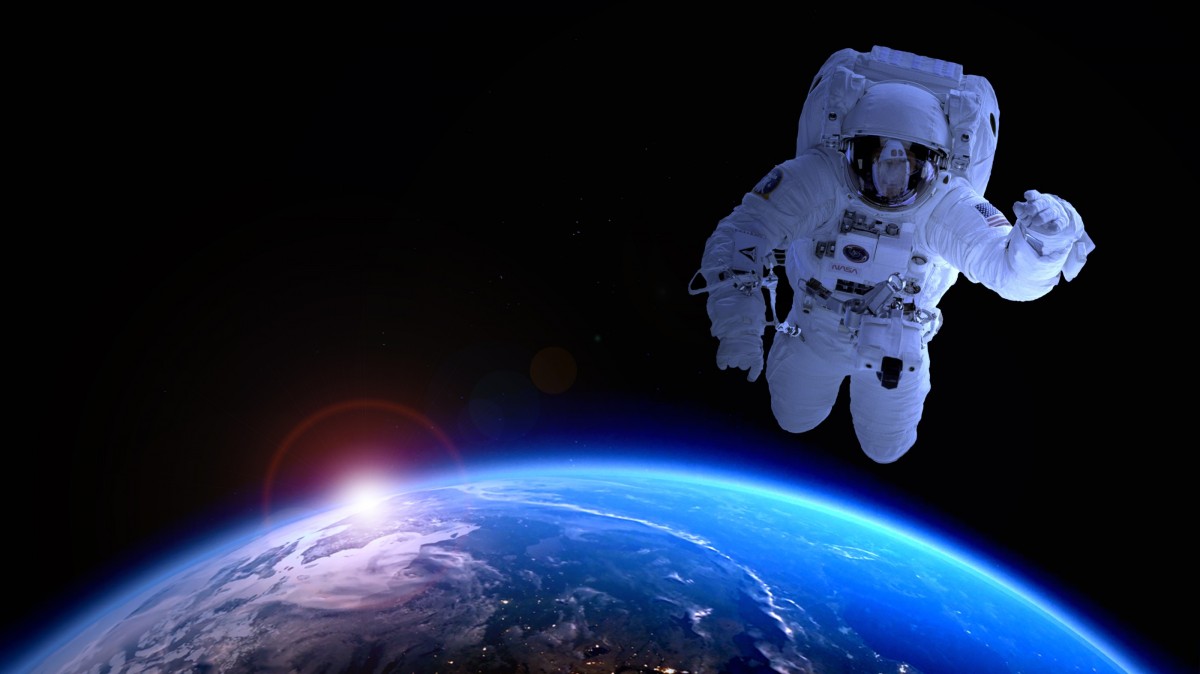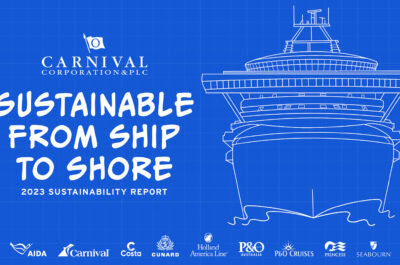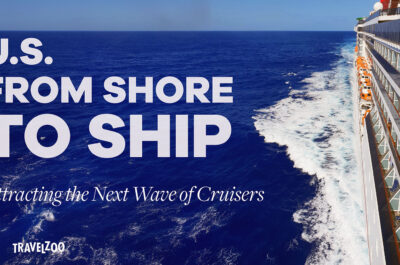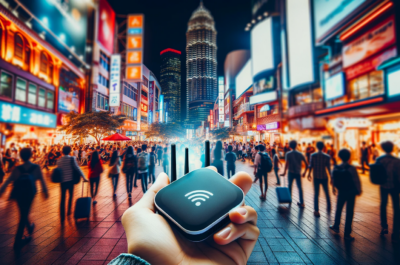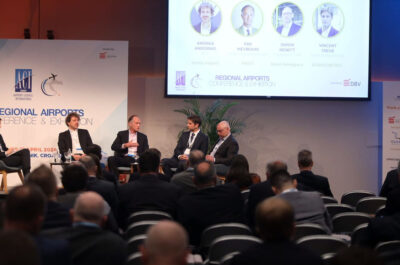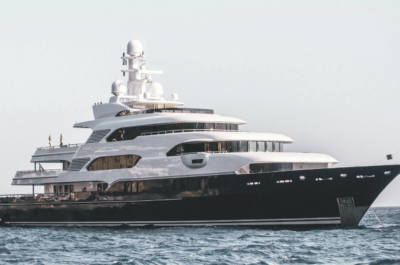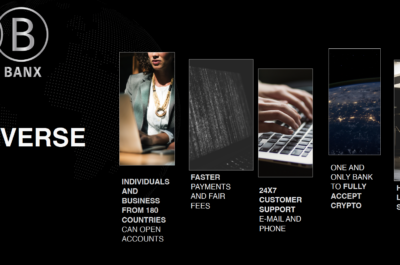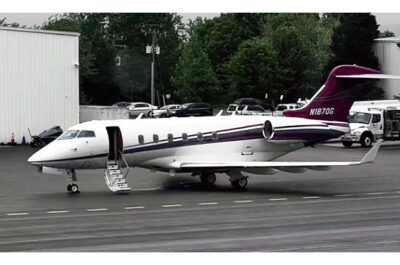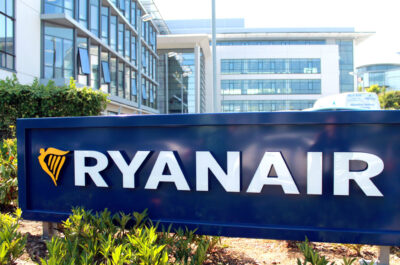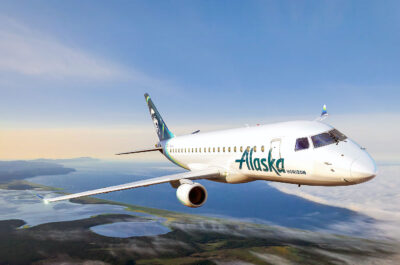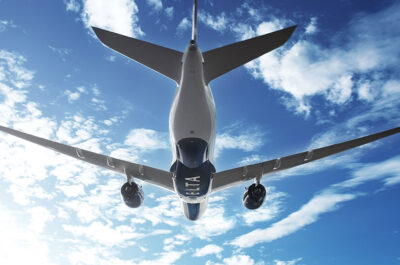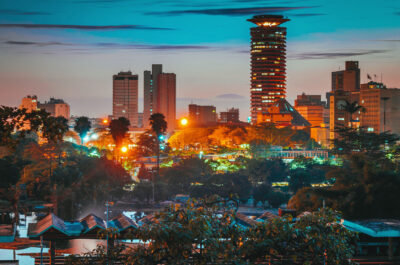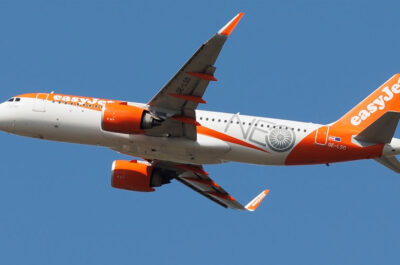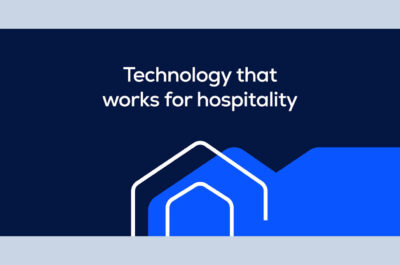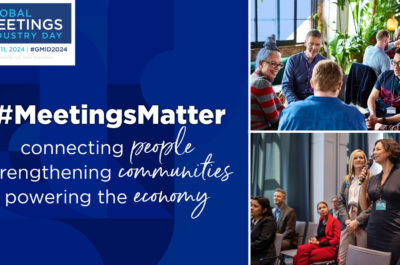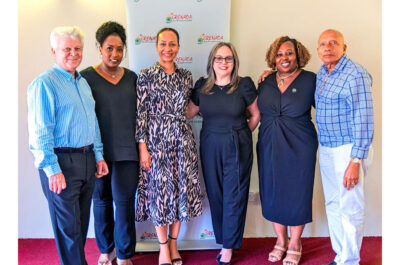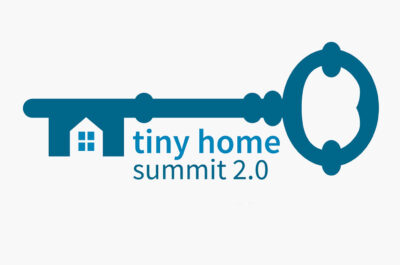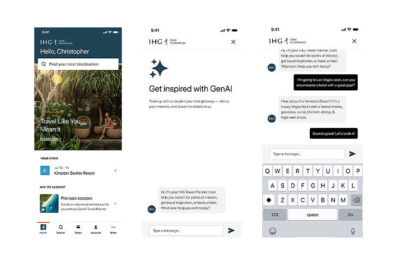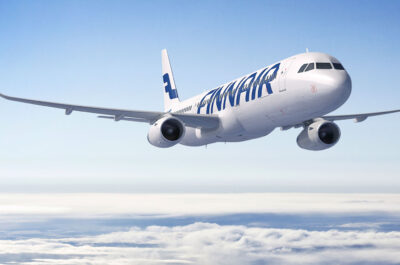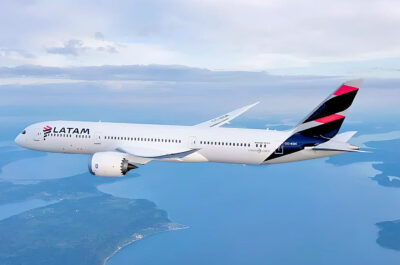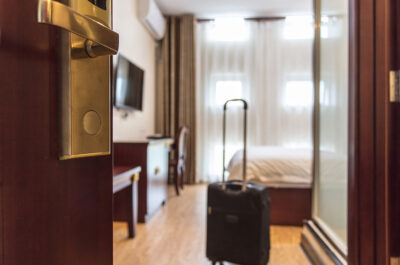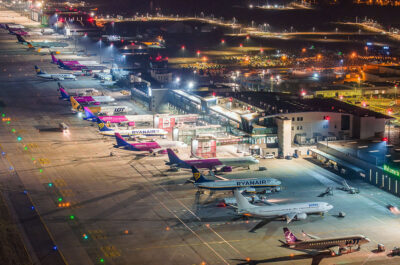The concept of commercial space travel is no doubt exciting, and this is reflected by high demand for the extremely limited capacity available for upcoming voyages into – and on the edge of – space.
While 2021 is set to be a breakthrough year for commercial space travel, the viability of this hyper-premiumized and ultra-exclusive experience remains unknown says GlobalData, a leading data and analytics company.
The concept of commercial space travel is no doubt exciting, and this is reflected by high demand for the extremely limited capacity available for upcoming voyages into – and on the edge of – space. Virgin Galactic's spacecraft Unity has garnered 600 reservations for tickets on future voyages, sold at prices between US$200,000 and US$250,000. Additionally, Jeff Bezos’ Blue Origin is currently open for bids for a seat on its New Shepard flight in 2021, with the highest bid currently US$2.8m (as of 20 May 2021).
Ralph Hollister, Travel and Tourism Analyst at GlobalData, comments: “It is actually space travel’s extremely high price point that could impact its viability beyond the short-term. Until companies such as SpaceX, Virgin Galactic and Blue Origin can scale their technology to make it accessible to non-millionaires, these companies will have a target market which consists of roughly 0.7% of the global population. When considering that many high-net-worth individuals will find the idea of space travel too alienating, this minute percentage will decrease even further. This means that there could be a lack of demand after the initial rush for tickets has been satisfied.”
Scaling the technology to increase accessibility will be a hurdle in years to come. Initially, space transportation companies will gain a competitive edge through differentiation rather than price. For example, length of trip, service, comfort, and viewpoints will decide which company will lead in the space travel industry in the short-term. However, when the growth stagnates in the luxury market, these companies will have to make their offerings more affordable. One way of doing this is through collaboration and consolidation, but with high profile business magnates at the helm of the most talked about space travel companies, this seems unlikely.
Hollister adds: “The impact of the pandemic on the global economy could also negatively affect the viability of space travel. According to GlobalData, gross disposable income dropped by 4.3% year-on-year (YOY) in the US in 2020, which is the nation with the most millionaires. This shows that even luxury consumers from wealthy nations may have to refrain from premiumized experiences in the coming years as their financial positions have weakened.
“The buzz around space travel is understandable. A combination of experiencing world-class engineering in motion and the Earth from a bird’s-eye view will be highly sought after in the short-term. However, demand could stagnate as the years go by if price does not decrease and scaling issues are not addressed.”
Vicky is the co-founder of TravelDailyNews Media Network where she is the Editor-in Chief. She is also responsible for the daily operation and the financial policy. She holds a Bachelor's degree in Tourism Business Administration from the Technical University of Athens and a Master in Business Administration (MBA) from the University of Wales.
She has many years of both academic and industrial experience within the travel industry. She has written/edited numerous articles in various tourism magazines.












